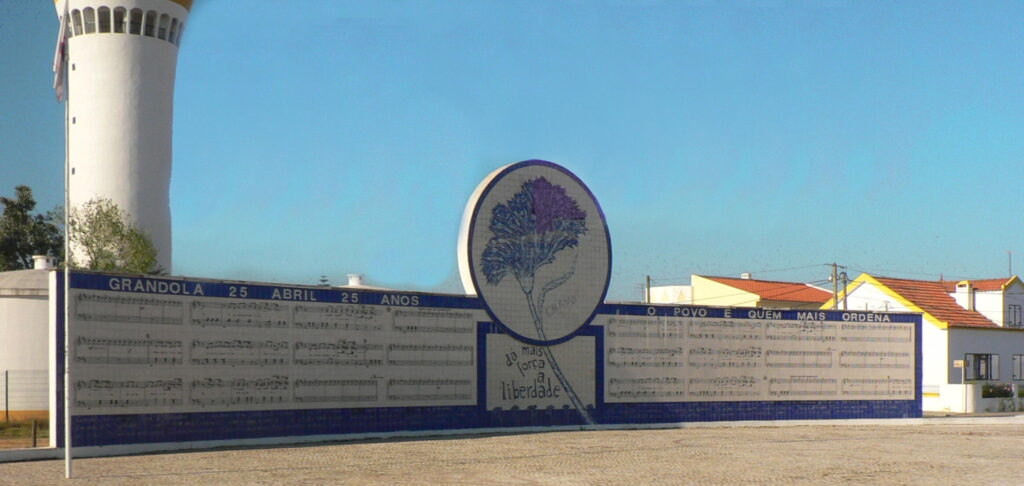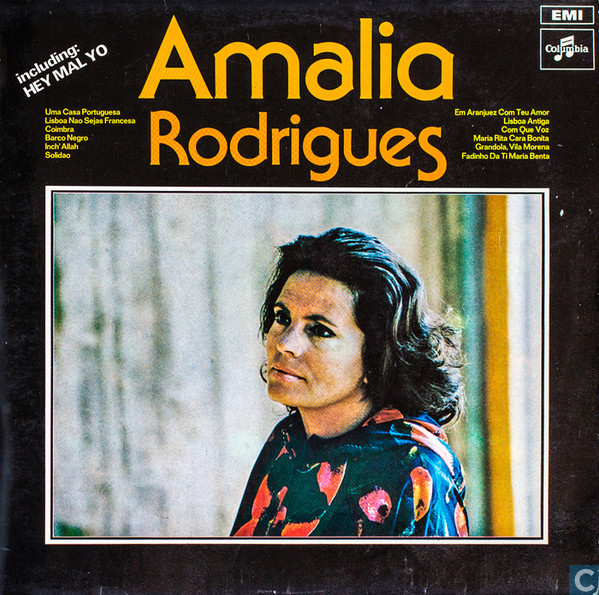https://www.discogs.com/release/9212183-Am%C3%A1lia-Rodrigues-Am%C3%A1lia
This is the third album I bought of Amália Rodrigues, and the best by any standard. I was surprised at being thrilled so much by it. Some really nice songs on this record, one of which I want to focus on a bit more: Grândola, vila morena (Grândola, swarthy town).
The original is by the singer Jose Alfonso, and it was recorded in 1970. It played a role in the Carnation Revolution (Revolução dos Cravos) in Portugal in 1974: the revolution that ended the authoritarian Estado Novo regime and brought democracy to the country. Since then it is a symbol for the revolution and anti fascism in general.
The song was used in conjunction with the Portugese contender for the Eurovision Song Contest for that year. Together they formed a signal for sympathising members of the Armed Forces Movement to take action and occupy strategic locations in the country. Funnily, the songs were used on different times, but together they formed the signal. Both radio jockeys didn’t know the significance at the time.

Curiously, the recording starts with what sounds like the steps of boots on gravel, starting the rhythm of the song. That recording had to be made in the early morning outside the studio, to make sure there was no traffic noise from the road nearby.
You can decide which you like more.
